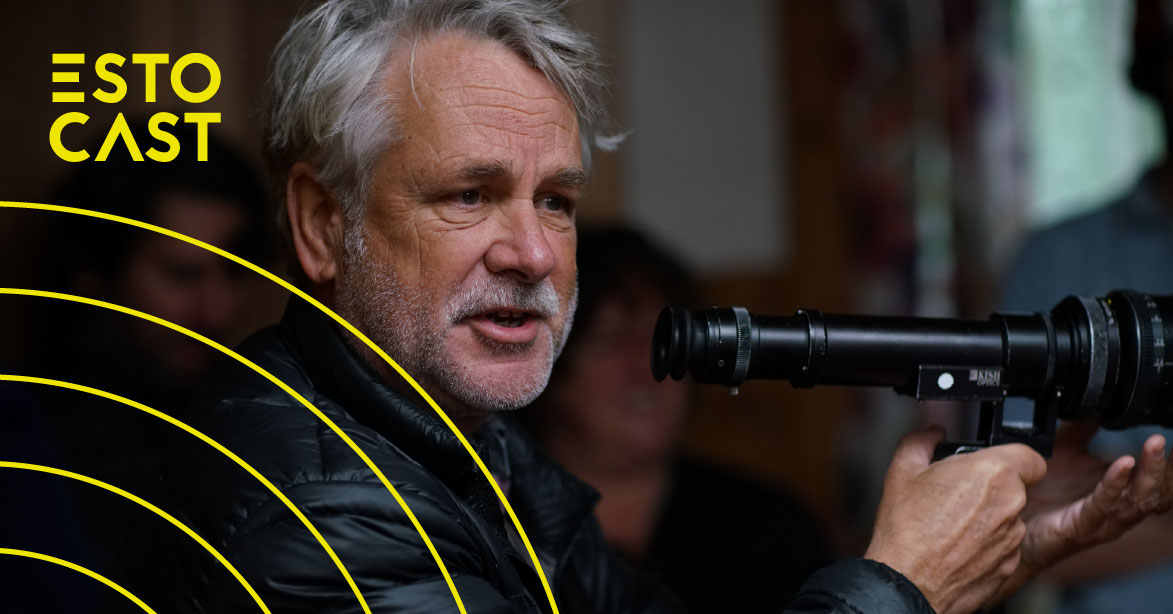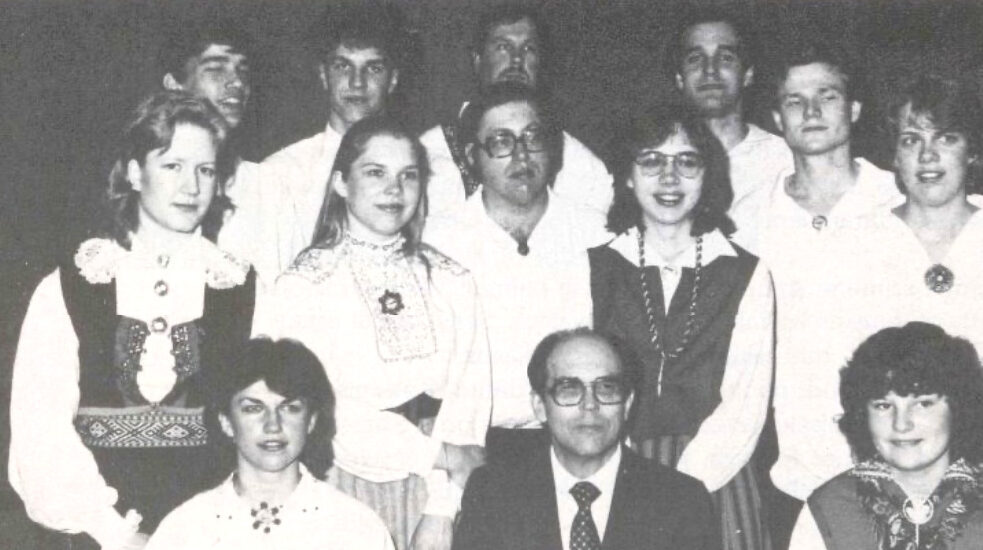Adaption is part of evolution; we change from birth to grave, not always for the better but without the awareness of the dark side often for the worse.
It is not easy to remain fluent in one’s mother tongue or learn new words, expressions, and concepts when one’s quotidian existence is in English. No matter where you live, English is the lingua franca in business, of the internet and for far too much of “popular” culture.
Consider the benefits of the modern age of communication. Thanks to all of the positive attributes of the internet, many of us are in direct and immediate contact with Estonians the world over. Some of us are on mailing lists according to interest, others see these group communications as invaluable lifelines that help us maintain our identity, culture, and most importantly Estonian language skills alive living abroad. Consider the negatives. It is not easy to remain fluent in one’s mother tongue or learn new words, expressions, and concepts when one’s quotidian existence is in English. No matter where you live, English is the lingua franca in business, of the internet and for far too much of “popular” culture. Which while eagerly consumed, especially by the young, is most often hardly of critical mass, worth a second thought. Globalization is the largest linguistic threat to small nation-states such as Estonia.
Become a subscriber to continue reading!
Every week we bring you news from the community and exclusive columns. We're relying on your support to keep going and invite you to subscribe.
Starting from $2.30 per week.



